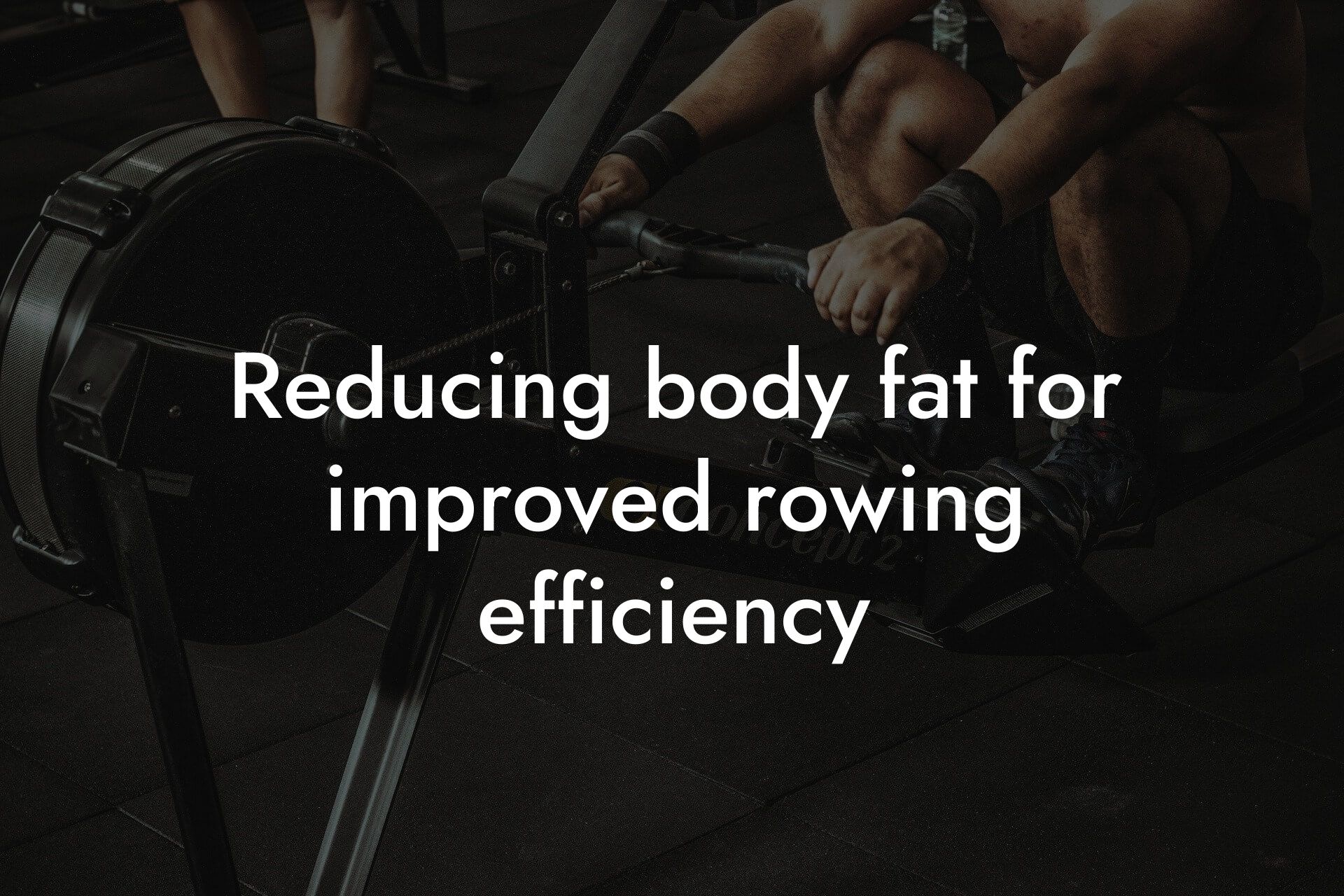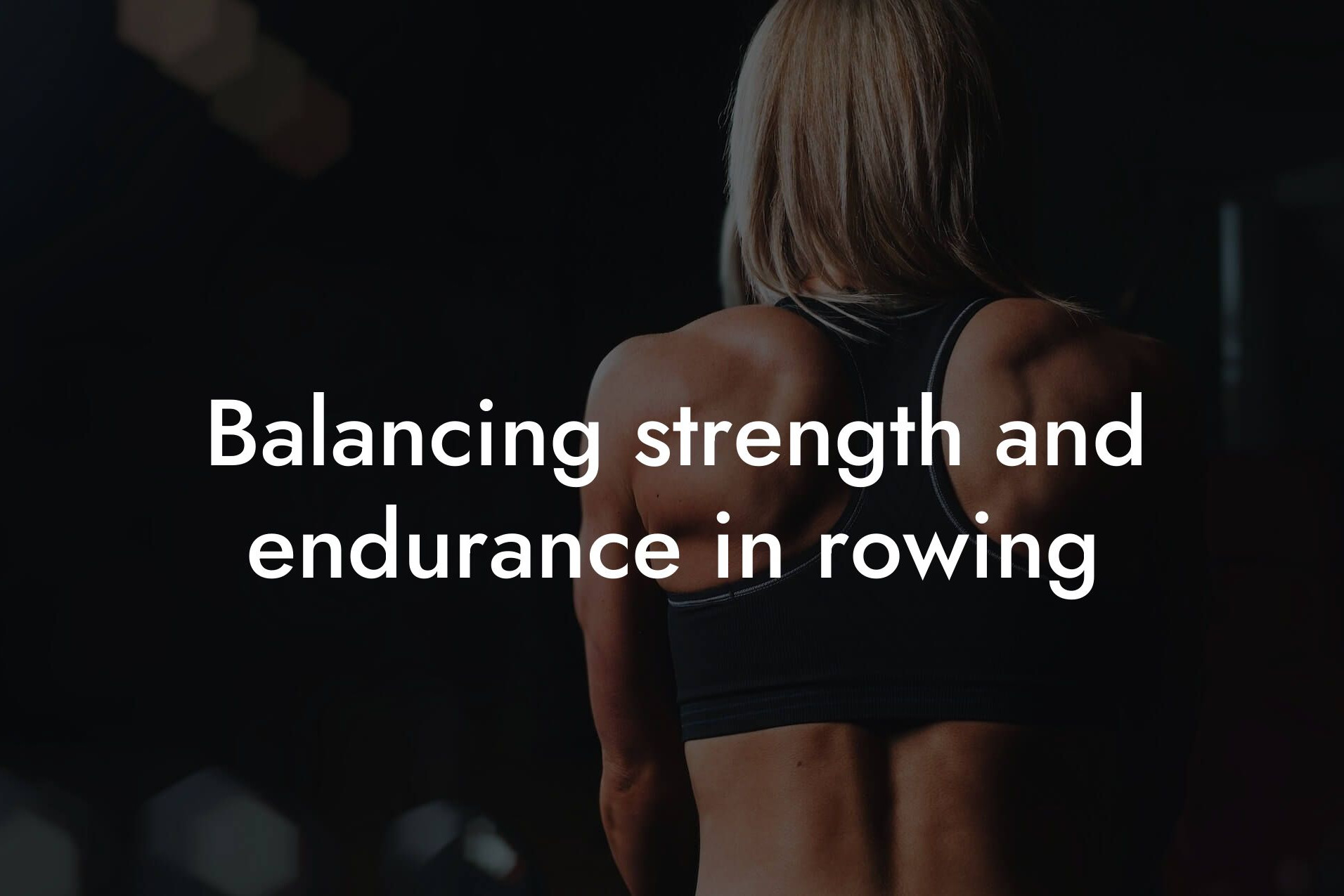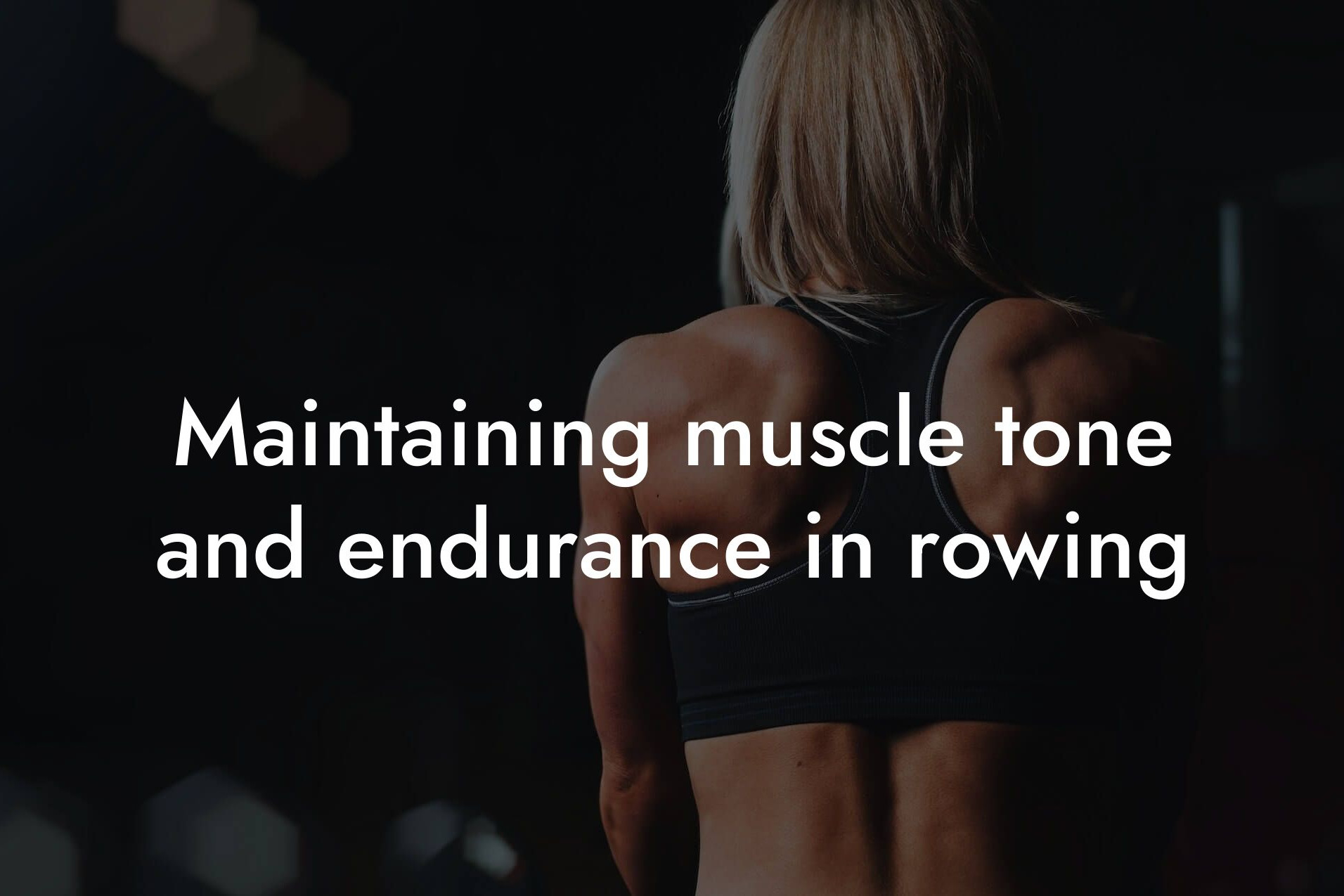As a high-earning professional interested in optimizing your physical appearance, body fat, physique, and bone density, you understand the importance of tracking your progress. When it comes to rowing, monitoring your progress is crucial to improve performance, prevent injuries, and achieve your goals. This is where DEXA (Dual-Energy X-ray Absorptiometry) scans come in – a valuable tool for rowers to assess their body composition and track changes over time. In this article, we'll delve into the world of DEXA scans and explore how they can help you monitor your progress in rowing.
Table of Contents
What is a DEXA Scan?
A DEXA scan is a non-invasive, low-radiation medical imaging test that measures bone density and body composition. It uses X-ray beams to produce detailed images of the body's internal structure, providing accurate measurements of bone mineral density, lean mass, and fat mass. DEXA scans are commonly used to diagnose osteoporosis, monitor bone health, and track changes in body composition.
How Does a DEXA Scan Work?
The DEXA scanning process is quick, easy, and painless. During the scan, you'll lie on a table while the DEXA machine passes over your body, emitting low-level X-rays. The machine then measures the absorption of these X-rays by different tissues, providing a detailed breakdown of your body composition. The entire process typically takes around 10-15 minutes, and the results are available immediately.
What Can a DEXA Scan Measure?
A DEXA scan can measure a range of parameters, including:
- Bone mineral density (BMD): This measures the density of your bones, which is essential for rowers to monitor, as low BMD can increase the risk of fractures and osteoporosis.
- Lean mass: This refers to the amount of muscle mass in your body, which is critical for rowing performance and overall health.
- Fat mass: This measures the amount of body fat, which can affect rowing performance, energy levels, and overall health.
- Visceral fat: This measures the amount of fat around your organs, which is a key indicator of metabolic health.
- Body fat percentage: This provides a comprehensive picture of your overall body composition.
Why Are DEXA Scans Important for Rowers?
DEXA scans are particularly valuable for rowers because they provide a detailed understanding of body composition, which is critical for optimal performance. By tracking changes in lean mass, fat mass, and bone density, rowers can:
- Optimize their training program to build muscle and improve performance
- Monitor changes in body fat percentage to ensure they're fueling their body effectively
- Identify potential risks for osteoporosis and take preventative measures
- Develop a personalized nutrition plan to support their training goals
How Often Should Rowers Get a DEXA Scan?
The frequency of DEXA scans depends on individual goals and training programs. As a general rule, rowers may benefit from:
- Baseline scans to establish a starting point for tracking progress
- Regular scans (every 3-6 months) to monitor changes in body composition and adjust training programs accordingly
- Pre-season scans to identify areas for improvement before the competitive season begins
- Post-season scans to assess the effectiveness of their training program and plan for the next season
What Are the Benefits of Using DEXA Scans in Rowing?
The benefits of using DEXA scans in rowing are numerous:
- Accurate tracking of progress: DEXA scans provide precise measurements of body composition, allowing rowers to track changes over time.
- Data-driven training: By using DEXA scan data, rowers can develop targeted training programs to improve performance and address weaknesses.
- Injury prevention: DEXA scans can identify potential risks for osteoporosis and other injuries, enabling rowers to take preventative measures.
- Enhanced performance: By optimizing body composition, rowers can improve their power-to-weight ratio, endurance, and overall performance.
In conclusion, DEXA scans are a valuable tool for rowers to monitor their progress, optimize their training programs, and achieve their goals. By understanding the benefits and applications of DEXA scans, rowers can take their performance to the next level and maintain a healthy, high-performing body. At Tano Performance Group, we're dedicated to providing high-earning professionals with the tools and expertise they need to achieve their fitness goals. Contact us today to learn more about our DEXA scan services and how they can help you dominate in the world of rowing.
Frequently Asked Questions
What is a DEXA scan, and how does it relate to rowing?
A DEXA (Dual-Energy X-ray Absorptiometry) scan is a non-invasive medical test that measures bone density, lean mass, and fat mass. In the context of rowing, DEXA scans can help athletes monitor their progress, identify areas for improvement, and optimize their training and nutrition plans.
Why is monitoring progress important for rowers?
Monitoring progress is crucial for rowers to ensure they're achieving their performance goals, whether it's improving their erg score, increasing their power output, or enhancing their overall endurance. By tracking changes in body composition, rowers can adjust their training and nutrition strategies to optimize their results.
How does a DEXA scan work?
A DEXA scan uses low-level X-rays to measure the density of bones and soft tissues. During the scan, the individual lies on a table, and the DEXA machine passes over their body, taking precise measurements of bone density, lean mass, and fat mass. The entire process typically takes around 10-15 minutes.
What information can a DEXA scan provide for rowers?
A DEXA scan provides detailed information on body composition, including bone density, lean mass, and fat mass. For rowers, this information can help identify areas for improvement, such as increasing muscle mass or reducing body fat percentage. DEXA scans can also track changes in body composition over time, allowing rowers to monitor their progress and adjust their training and nutrition plans accordingly.
How often should rowers get a DEXA scan?
The frequency of DEXA scans depends on individual goals and progress. For rowers, it's recommended to get a DEXA scan every 6-12 weeks to track changes in body composition and adjust training and nutrition plans accordingly. However, more frequent scans may be necessary for elite athletes or those with specific performance goals.
What are the benefits of using DEXA scans for rowers?
The benefits of using DEXA scans for rowers include accurate tracking of body composition, identification of areas for improvement, optimization of training and nutrition plans, and enhanced performance. DEXA scans can also help rowers reduce their risk of injury by identifying potential issues with bone density or muscle imbalances.
How does body composition impact rowing performance?
Body composition plays a critical role in rowing performance. Excess body fat can increase drag and reduce power output, while insufficient lean mass can limit endurance and strength. Optimal body composition, on the other hand, can enhance performance, increase power output, and reduce the risk of injury.
Can DEXA scans help rowers identify muscle imbalances?
Yes, DEXA scans can help rowers identify muscle imbalances by providing detailed information on lean mass distribution. This information can help rowers identify areas of weakness or imbalance, allowing them to adjust their training programs to target specific muscle groups and improve overall performance.
How does bone density impact rowing performance?
Bone density is critical for rowers, as it affects their ability to withstand the repetitive stresses and strains of rowing. Low bone density can increase the risk of injury, particularly in the spine, hips, and knees. Optimal bone density, on the other hand, can enhance performance, reduce the risk of injury, and improve overall health.
Can DEXA scans help rowers reduce their risk of injury?
Yes, DEXA scans can help rowers reduce their risk of injury by identifying potential issues with bone density or muscle imbalances. By addressing these issues through targeted training and nutrition plans, rowers can reduce their risk of injury and optimize their performance.
How does nutrition impact body composition for rowers?
Nutrition plays a critical role in body composition for rowers. A well-balanced diet that includes adequate protein, complex carbohydrates, and healthy fats can help rowers optimize their body composition, increase lean mass, and reduce body fat percentage.
Can DEXA scans help rowers optimize their nutrition plans?
Yes, DEXA scans can help rowers optimize their nutrition plans by providing detailed information on body composition. This information can help rowers identify areas for improvement, adjust their macronutrient ratios, and fine-tune their nutrition plans to support their performance goals.
How does training impact body composition for rowers?
Training plays a critical role in body composition for rowers. A well-structured training program that includes a combination of strength, endurance, and power exercises can help rowers optimize their body composition, increase lean mass, and reduce body fat percentage.
Can DEXA scans help rowers optimize their training plans?
Yes, DEXA scans can help rowers optimize their training plans by providing detailed information on body composition. This information can help rowers identify areas for improvement, adjust their training programs, and fine-tune their workouts to support their performance goals.
What is the relationship between body fat percentage and rowing performance?
Body fat percentage has a significant impact on rowing performance. Excess body fat can increase drag, reduce power output, and decrease endurance. Optimal body fat percentage, on the other hand, can enhance performance, increase power output, and improve overall efficiency.
Can DEXA scans help rowers track changes in body fat percentage?
Yes, DEXA scans can help rowers track changes in body fat percentage over time. This information can help rowers adjust their training and nutrition plans to optimize their body composition and enhance their performance.
How does lean mass impact rowing performance?
Lean mass has a significant impact on rowing performance. Insufficient lean mass can limit endurance, strength, and power output, while optimal lean mass can enhance performance, increase power output, and improve overall efficiency.
Can DEXA scans help rowers track changes in lean mass?
Yes, DEXA scans can help rowers track changes in lean mass over time. This information can help rowers adjust their training and nutrition plans to optimize their body composition and enhance their performance.
What is the role of bone density in rowing performance?
Bone density plays a critical role in rowing performance, as it affects the ability of rowers to withstand the repetitive stresses and strains of rowing. Optimal bone density can enhance performance, reduce the risk of injury, and improve overall health.
Can DEXA scans help rowers track changes in bone density?
Yes, DEXA scans can help rowers track changes in bone density over time. This information can help rowers adjust their training and nutrition plans to optimize their bone density and reduce their risk of injury.
How does Tano Performance Group use DEXA scans to support rowers?
Tano Performance Group uses DEXA scans as a valuable tool to support rowers in achieving their performance goals. Our team of experts analyzes DEXA scan data to provide personalized recommendations for training, nutrition, and recovery, helping rowers optimize their body composition and enhance their performance.
What is the cost of a DEXA scan?
The cost of a DEXA scan varies depending on the location and provider. At Tano Performance Group, we offer competitive pricing for DEXA scans, and our team of experts will work with you to develop a personalized plan that fits your budget and performance goals.
Is a DEXA scan covered by insurance?
Insurance coverage for DEXA scans varies depending on the provider and policy. At Tano Performance Group, we will work with you to determine if your insurance plan covers DEXA scans and provide guidance on the process.
How long does it take to get the results of a DEXA scan?
The results of a DEXA scan are typically available within 24-48 hours. At Tano Performance Group, our team of experts will review the results with you and provide personalized recommendations for training, nutrition, and recovery.
What is the accuracy of a DEXA scan?
DEXA scans are highly accurate, with a margin of error of around 1-2%. At Tano Performance Group, we use state-of-the-art DEXA scan technology to ensure accurate and reliable results.
Are DEXA scans safe?
Yes, DEXA scans are safe and non-invasive. The radiation exposure from a DEXA scan is extremely low, and the scan does not require any injections, medications, or other preparations.
Here are some related articles you might love...
- Reducing body fat for improved rowing efficiency
- Balancing strength and endurance in rowing
- Maintaining muscle tone and endurance in rowing
- Recovery techniques for rowers after intense sessions
- How body composition impacts rowing performance
- The role of rowing in cardiovascular health
- Strength training tips to complement your rowing routine
- Bone density and its role in rowing performance
- Nutrition strategies for sustained energy during rowing workouts
Zak Faulkner
Zak Faulkner is a leading authority in the realm of physical health and body composition analysis, with over 15 years of experience helping professionals optimise their fitness and well-being. As one the experts behind Tano Performance Group, Zak has dedicated his career to providing in-depth, science-backed insights that empower clients to elevate their physical performance and overall health.
With extensive knowledge of DEXA technology, Zak specializes in delivering comprehensive body assessments that offer precise data on body fat, muscle mass, bone density, and overall physique. His expertise enables individuals to make informed decisions and achieve their fitness goals with accuracy and confidence. Zak’s approach is rooted in a deep understanding of human physiology, combined with a passion for helping clients unlock their full potential through personalised strategies.
Over the years, Zak has earned a reputation for his commitment to excellence, precision, and client-focused service. His guidance is trusted by top professionals who demand the best when it comes to their health. Whether advising on fitness programs, nutritional strategies, or long-term wellness plans, Zak Faulkner’s insights are a valuable resource for anyone serious about taking their health and fitness to the next level.
At Tano Performance Group, Zak continues to lead our Content Team revolutionising how professionals approach their physical health, offering unparalleled expertise that drives real results.




